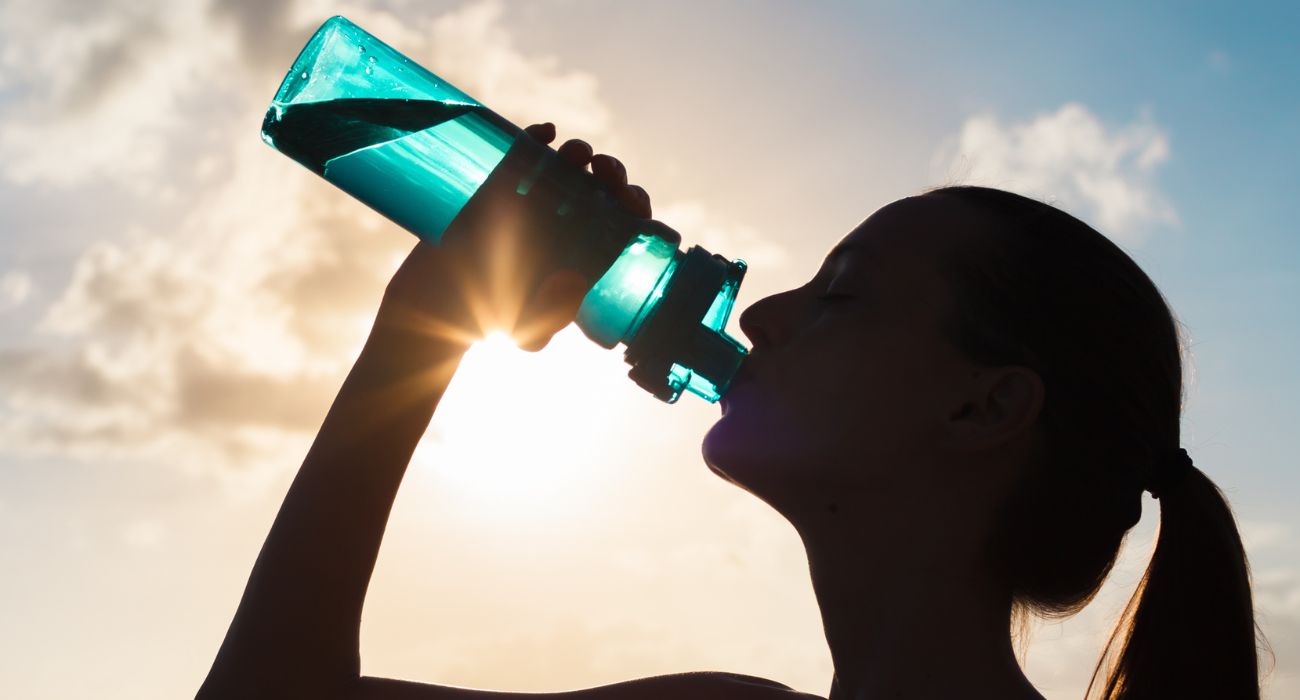As summer’s hot temperatures set in, knowing how much water to drink to keep hydrated is essential to making the most of sun-soaked outings, poolside lounging, and beach trips.
But drinking water is not only key to staying cool; it plays a pivotal role in our overall health by flushing out toxins and improving bowel function, according to USA Today.
If optimal well-being isn’t enough of a reason for you to boost your water intake, drinking more water can also lead to weight loss since it increases the number of calories the body burns — especially water that is ice cold.
For instance, one study found that overweight and obese children saw a 25% increase in resting energy expenditure after drinking cold water.
Drinking water before meals was also shown to help curb the appetite in another study conducted among overweight and obese adults. Compared to a peer group that did not drink water before eating, participants lost 44% more weight.
Considering that obesity rates are surging across the country among adults and children alike, as covered in The Dallas Express, regular water consumption is all the more important.
But how much water should we actually drink each day?
According to USA Today, the answer differs depending on the person.
While most health professionals refer to the overarching goal of consuming eight glasses of water daily, men should drink approximately 15.5 cups, and women are recommended to drink 11.5 cups, according to the Mayo Clinic.
A good indicator of your hydration level is the color of your urine, according to USA Today.
Aim for the color of lemonade, as the pale yellow hue shows your body is adequately hydrated. If your urine is light brown or deep yellow, this is a sign of dehydration.
Clear urine might indicate that you are running a risk of overhydration, which could be harmful.
Excessive water intake can cause water intoxication, which overwhelms the kidneys.
At worst, this might lead to a condition known as hyponatremia, in which there is not enough sodium in the blood. Symptoms of hyponatremia include nausea, vomiting, low blood pressure, confusion, and headaches. It can also cause dangerous swelling in the brain or kidney failure.







Trackbacks/Pingbacks